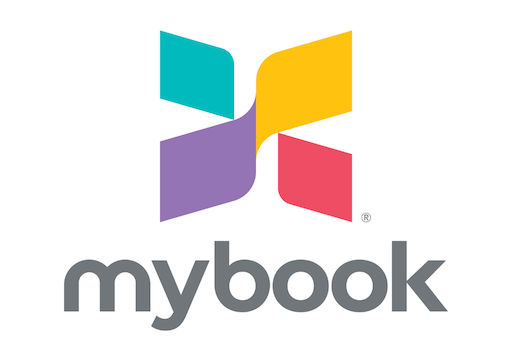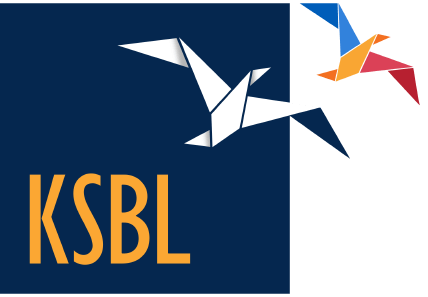Tell Digital Marketing Requirement as Client: Effortless Solutions Await
When it comes to navigating the ever-changing landscape of digital marketing, one key factor stands out: communication. To effectively tell your digital marketing requirement as a client is not just beneficial; it’s essential to achieving your business goals. Whether you’re a seasoned entrepreneur or just dipping your toes into the digital realm, articulating your needs clearly can set the stage for successful collaboration with your marketing agency. Let’s break down how to express your expectations and what you should focus on to ensure a seamless experience.
Understanding Your Business Goals
Before you even begin to convey your digital marketing requirements, consider taking a step back to evaluate your business objectives. Are you aiming to increase brand awareness, drive more traffic to your website, or perhaps generate leads and boost sales?
For instance, when Sarah approached a marketing agency for her online boutique, she had a clear vision. She wanted to expand her customer base beyond her local neighborhood and reach a broader audience through social media marketing. Identifying her primary objective made it easier for her to communicate effectively with the agency, who could then tailor their strategies accordingly.
Identify Your Target Audience
The next step is to understand who your audience is. Recognizing your target demographic is crucial for any marketing strategy. Are you appealing to millennials, Gen Z, or maybe established professionals? Knowing this demographic helps in crafting a more targeted approach.
John, a fitness coach, knew that his clientele comprised young professionals seeking convenient online training. By highlighting this specific audience in his discussions, he enabled his marketing team to focus their efforts on platforms and messages that would resonate best with that group. Telling your digital marketing requirement as a client should include a detailed description of who your audience is—this is vital for executing effective campaigns.
Specify the Services You Need
Just as important as identifying your goals and audience is specifying the services you are interested in. Digital marketing encompasses a range of strategies—SEO, social media marketing, content creation, email marketing, and more.
For example, if you run an e-commerce store, you might express a need for a robust SEO strategy to boost organic search rankings while also leveraging social media advertising to attract instant traffic. When Lisa approached her digital marketing team, she listed SEO, social media ads, and email campaigns as her top three priorities, giving them clear direction on where to focus their efforts.
Set a Realistic Budget and Timeline
Another essential component of discussing your digital marketing needs is being upfront about your budget and timeline. Understandably, resources can vary dramatically, so providing this information helps in crafting a strategy suited to your financial and time constraints.
When Mark launched his tech startup, he had a limited budget for digital marketing. However, he wanted to make a splash quickly. By sharing his budget with the agency, they were able to devise an effective marketing plan using low-cost strategies, like optimizing his website for SEO and running an engaging content marketing campaign, without compromising on quality.
Foster Communication and Collaboration
Establishing a relationship of open communication is vital. After articulating your needs, don’t just drop the requirements and step back. Instead, engage with your digital marketing team regularly to monitor progress and tweak strategies as necessary.
Jessica, who runs a small organic skincare line, found that weekly check-ins with her agency not only kept her informed but also allowed her to provide feedback immediately. This proactive approach aligned the marketing strategies with her evolving business needs.
Analyze and Adapt
Lastly, be prepared to review your results and adapt your strategies. Digital marketing is not set in stone; it’s a fluid landscape requiring continuous refinement.
When Chloe noticed a drop in engagement on her Instagram posts, she collaborated with her marketing team to analyze the metrics. They discovered that customers were more engaged with video content, so they pivoted their strategy to include more live demonstrations and tutorial videos.
Successful digital marketing is about clarity in communication, knowing your goals and audience, being specific about the services required, and maintaining an ongoing dialogue with your marketing agency.
Frequently Asked Questions
Q1: How can I effectively communicate my digital marketing goals to an agency?
A1: Start by defining your goals clearly and aligning them with measurable outcomes. Share details about your target audience, the specific services you need, and be transparent about your budget and timeline.
Q2: What digital marketing services should I consider for my business?
A2: Common services include SEO, social media management, content marketing, email marketing, and PPC advertising. Focus on the services that align best with your business goals and audience needs.
Q3: How often should I check in with my digital marketing agency?
A3: Regular communication is key. Aim for weekly or bi-weekly updates to discuss progress, share feedback, and make necessary adjustments to campaigns based on performance metrics.
Related Posts
Switch Lead Gen Expert: Effortless Steps for Success
In todays competitive landscape, becoming a switch lead gen expert can transform your approach to business growth. With a focus on building relationships and understanding your audience, youll discover...
Switch Instagram Consultant: Effortless Guide to Success
Are you struggling to make an impact on Instagram? A switch to an Instagram consultant could be your key to effortless success, guiding you through the ever-changing social media landscape and helping your...












